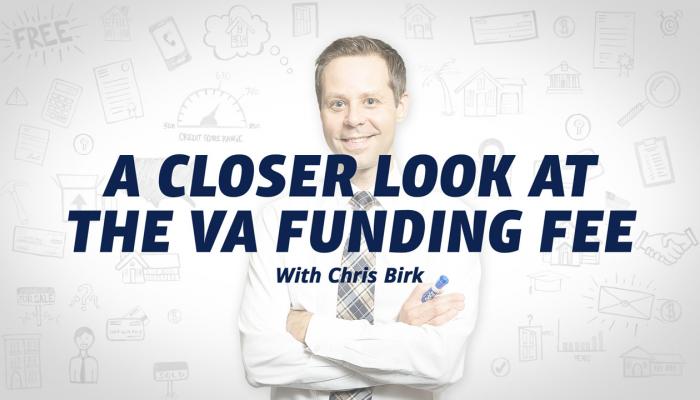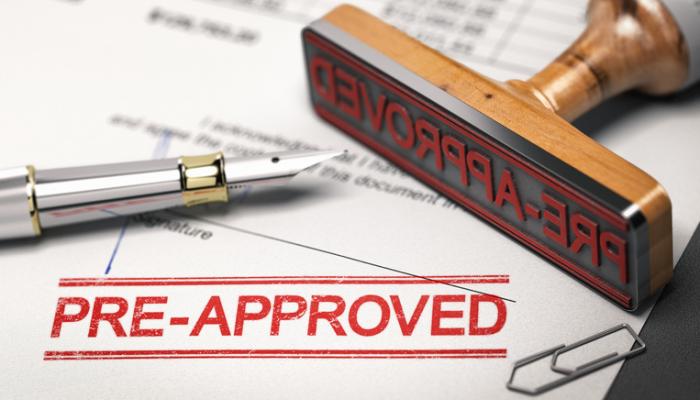Common-law marriage is an old concept and an often misunderstood one, but common-law marriages can qualify when it comes to being eligible for a VA home loan.
What is Common-Law Marriage?
Common-law marriages are basically marriages where two people live together for a certain period of time, present themselves to family and friends as married but never actually have a wedding ceremony or obtain a marriage license.
Several states don’t recognize these unique unions, but on occasion, questions about common-law marriage do arise for veterans looking to use their VA loan benefits.
Does the VA recognize Common-Law Marriage?
The VA and VA home loan lenders can recognize common-law marriages for home loan purposes, provided you’re buying in a state that recognizes common-law marriage, and you and your spouse meet the state’s requirements.
Eligible Common-Law Marriage States
Only about a dozen states continue to recognize new common-law marriages. A few states that have outlawed new common-law marriages still recognize older ones that have been “grandfathered in.”
According to legal website Nolo, here’s the list of states that recognize at least some common-law marriages:
- Alabama (if created before Jan. 1, 2017)
- Colorado
- District of Columbia
- Georgia (if created before Jan. 1, 1997)
- Idaho (if created before Jan. 1., 1996)
- Iowa
- Kansas
- Montana
- New Hampshire (for inheritance purposes only)
- Ohio (if created before Oct. 10, 1991)
- Oklahoma
- Pennsylvania (if created before Jan. 1, 2005)
- Rhode Island
- South Carolina
- Texas
- Utah
Requirements for what constitutes a common-law marriage can vary by state. Couples who live together for a certain number of years -- seven is a frequent one cited -- don’t automatically become common-law spouses.
Veterans, service members and their families can check with their applicable state office or consult an attorney for more information about common-law marriage requirements and guidelines.
In addition, different VA lenders may have different requirements, so talk with a loan officer in more detail.
Determining your common-law status can be critical for couples who each want to be on a VA-backed mortgage. For veterans seeking a VA loan, having a co-borrower who is neither a spouse nor an eligible veteran requires a down payment of 12.5 percent to 14.5 percent.
Talk with a Veterans United VA Loan Expert for more details about your specific situation.
Answer a few questions below to speak with a specialist about what your military service has earned you.
Related Posts
-
 2024 VA Funding Fee: Complete Explainer with Charts and ExemptionsThe VA funding fee is a governmental fee required for many VA borrowers. However, some Veterans are exempt, and the fee varies by VA loan usage and other factors. Here we explore the ins and outs of the VA funding fee, current charts, who's exempt and a handful of unique scenarios.
2024 VA Funding Fee: Complete Explainer with Charts and ExemptionsThe VA funding fee is a governmental fee required for many VA borrowers. However, some Veterans are exempt, and the fee varies by VA loan usage and other factors. Here we explore the ins and outs of the VA funding fee, current charts, who's exempt and a handful of unique scenarios. -
 Can Your Mortgage Be Denied After Preapproval?It is possible for you to get denied for a home loan after being preapproved. Find out why this may happen and what you can do to prevent it.
Can Your Mortgage Be Denied After Preapproval?It is possible for you to get denied for a home loan after being preapproved. Find out why this may happen and what you can do to prevent it.


